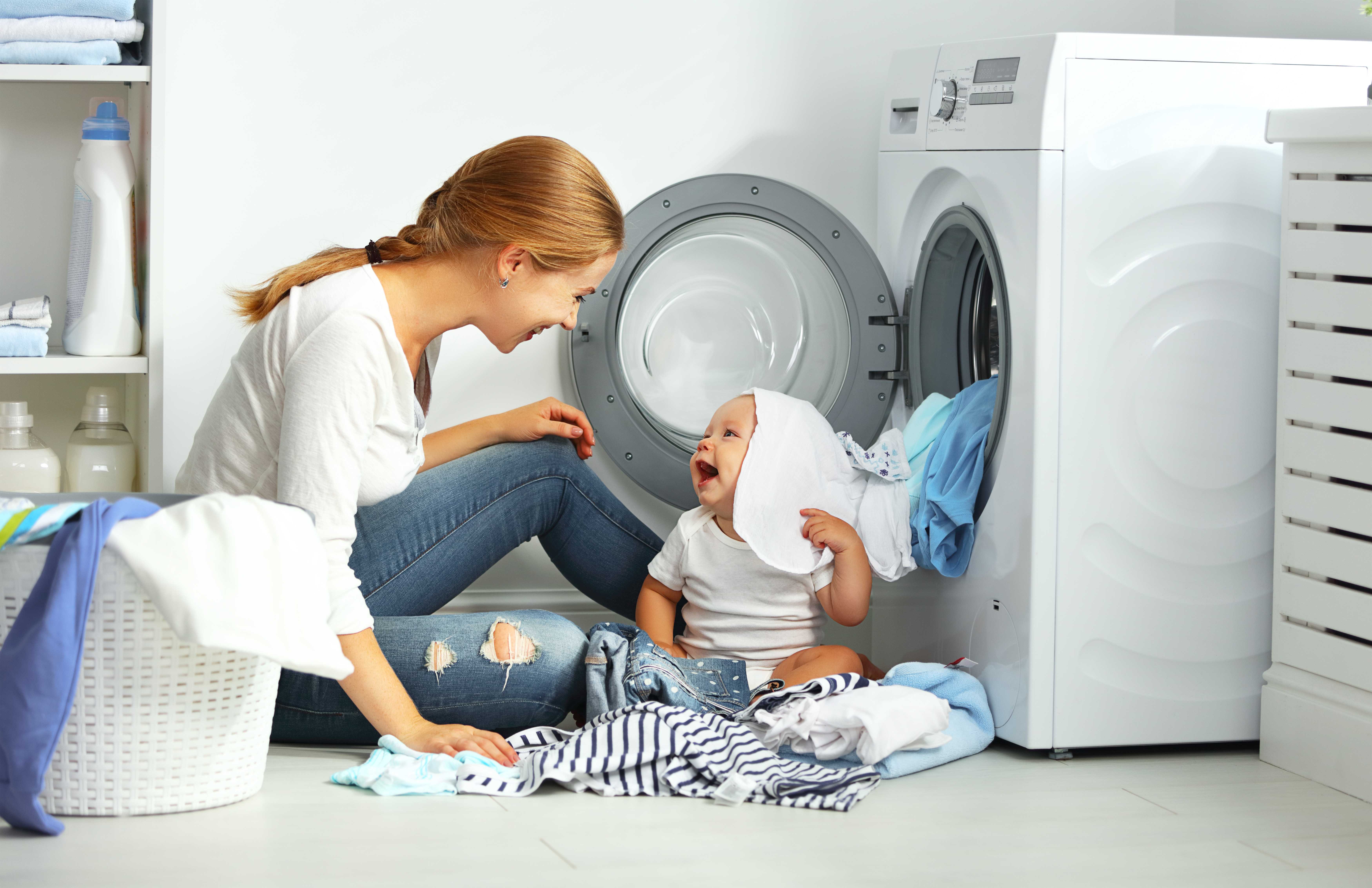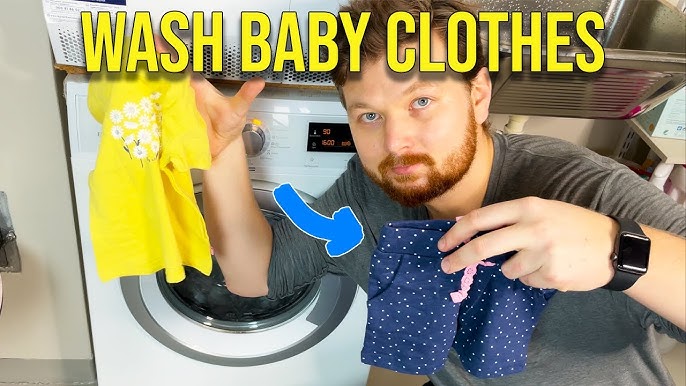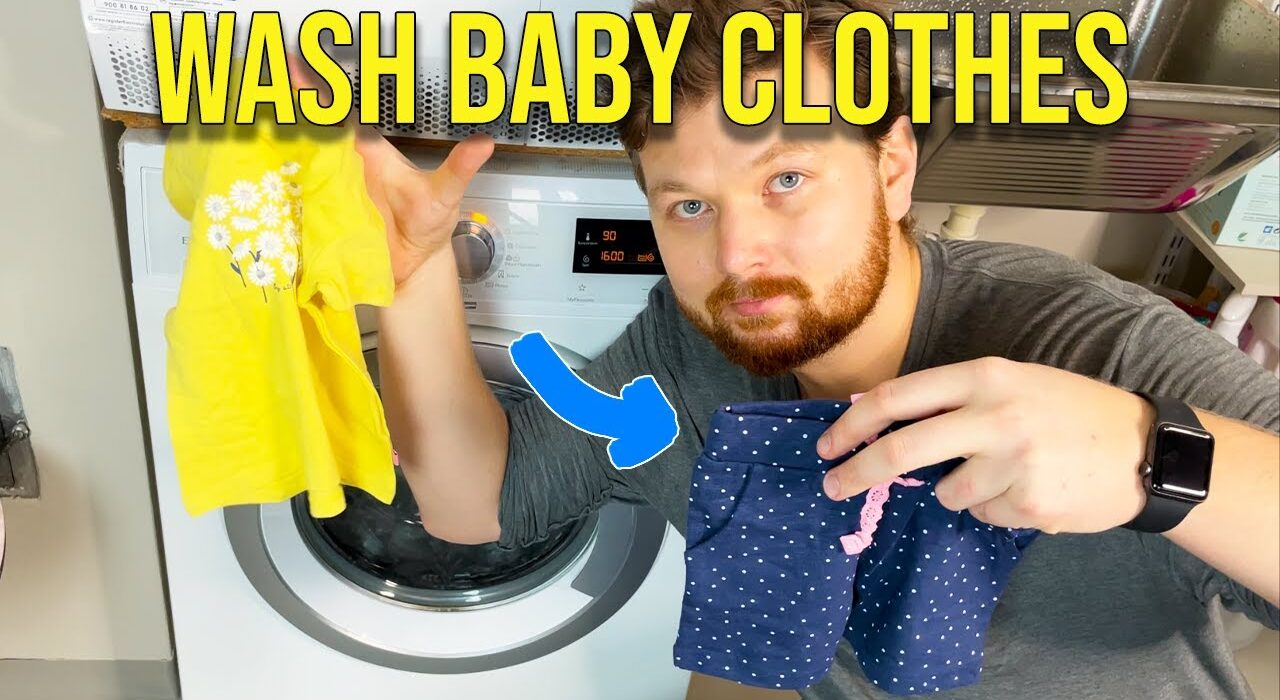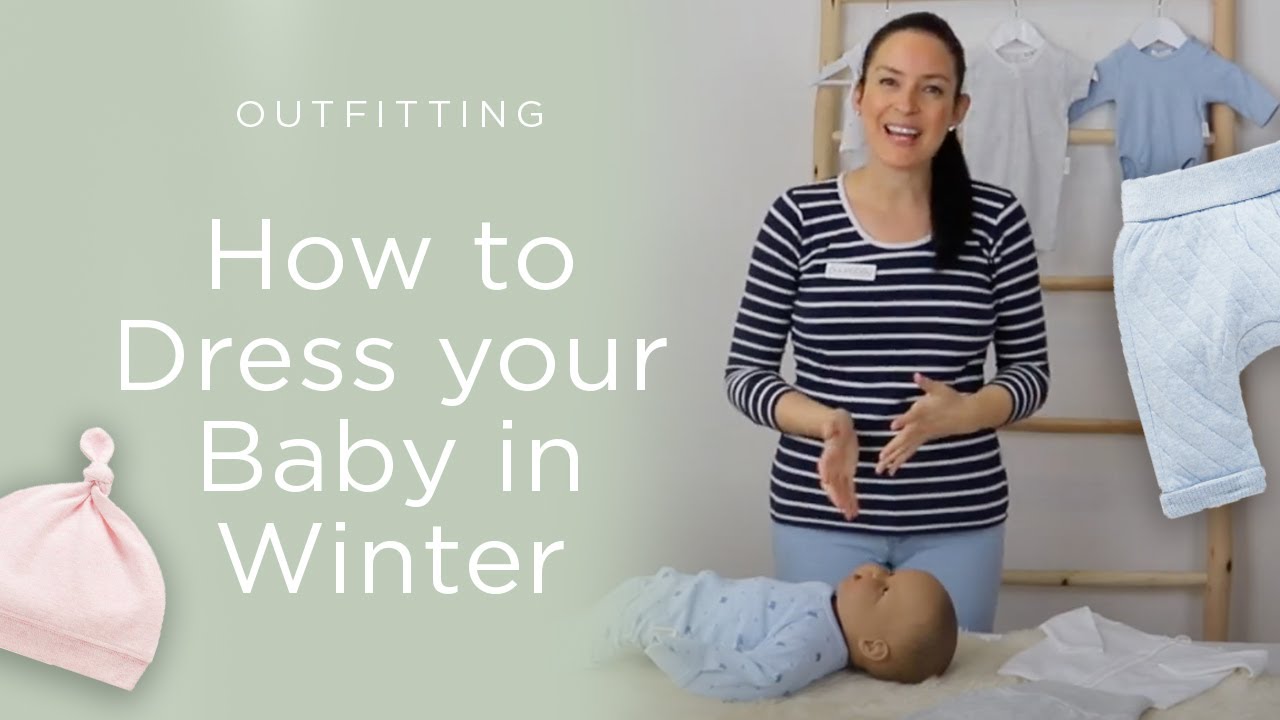To wash newborn clothes in a washing machine, use a gentle cycle with cold water. Always choose a baby-safe detergent to protect your baby’s skin.
Caring for newborn clothes requires special attention. Babies have sensitive skin that can react to harsh chemicals. Washing their clothes properly ensures safety and comfort. Start by sorting clothes by color to prevent fading. Use a gentle detergent designed for babies, as it is free from irritants.
Avoid fabric softeners and bleach, which can harm delicate skin. Set the machine to a gentle cycle and cold water. This prevents shrinking and maintains fabric quality. Always dry clothes on a low heat setting or air dry. Following these steps helps keep your baby’s wardrobe fresh and safe.
Table of Contents
Introduction To Newborn Laundry
Newborn clothes need special care to keep them safe and clean. Babies have sensitive skin. It is important to choose gentle, hypoallergenic detergents. Avoid harsh chemicals that can cause irritation.
Washing newborn clothes often is essential. New parents should wash these clothes before the baby wears them. This helps remove any dust or chemicals from the manufacturing process. Clothes should be washed after each use, especially if they get dirty.
Always use a gentle wash cycle. Hot water can damage delicate fabrics. Cold or warm water is best for washing newborn clothes.
Separating baby clothes from adult clothes is also important. This prevents cross-contamination and keeps baby clothes safe.
Preparing To Wash
Start by sorting newborn clothes into different piles. Separate whites, colors, and delicates. This helps prevent color bleeding and damage.
Next, choose a gentle detergent. Look for products that are hypoallergenic and free of dyes. These are safer for your baby’s sensitive skin. Always check for any fragrance that might irritate.
Consider using a small amount of detergent. Too much can leave residue on clothes. Rinse thoroughly to ensure all detergent is washed away.
Understanding Newborn Skin Sensitivity
Newborns have very sensitive skin. Irritants and allergens can cause rashes and discomfort. Common allergens include dyes, fragrances, and harsh detergents. Always choose laundry products carefully.
Hypoallergenic options are best for washing newborn clothes. These products reduce the risk of allergic reactions. Look for labels that state “free and clear” or “hypoallergenic.”
| Detergent Type | Benefits |
|---|---|
| Hypoallergenic | Gentle on skin, reduces irritation |
| Fragrance-free | No added scents, safer for babies |
| Plant-based | Environmentally friendly, less harsh |

Credit: www.armandhammer.com
Pre-wash Tips
Pre-treating stains is important for newborn clothes. Use a gentle stain remover. Apply it directly to the stain. Let it sit for a few minutes before washing. Always check the fabric label for instructions.
Rinsing clothes before the wash helps remove dirt and allergens. Place the clothes in cold water first. Swirl them gently to help loosen any debris. This step makes the washing process more effective.
Machine Settings For Newborn Clothes
Choose a gentle cycle for washing newborn clothes. This helps protect delicate fabrics. Set the temperature to cold or warm. Hot water may shrink or damage the clothes.
For the spin cycle, select a low speed. This reduces wear and tear on tiny garments. High-speed spins can twist and stretch the fabric.
Always check the care labels on each piece. Some clothes may have specific washing instructions. Following these tips ensures your newborn’s clothes stay soft and clean.

Credit: m.youtube.com
Loading The Washing Machine
Properly loading the washing machine is crucial for washing newborn clothes. Start by sorting clothes by color and fabric type. Place light items on top and heavier ones at the bottom. This helps the machine wash clothes evenly.
Avoiding overloading the washing machine is important. Overloading can prevent clothes from getting clean. It can also damage the machine. Aim to fill the machine to about three-quarters full. This allows water and detergent to circulate freely.
Keep delicate items separate. Use a mesh laundry bag for small or fragile pieces. This protects them during the wash cycle. Always check the care labels on clothes for specific washing instructions.
Washing Cycles And Options
The gentle cycle is perfect for washing newborn clothes. It uses slower agitation and lower spin speeds. This helps protect delicate fabrics from damage. Clothes stay soft and comfortable for your baby.
Choosing the extra rinse option is important for removing detergent residue. This ensures that no harsh chemicals remain on the fabric. Babies have sensitive skin, so extra rinsing helps prevent rashes.
Both the gentle cycle and extra rinse option keep your baby’s clothes safe. Clean and soft clothes are essential for their comfort and health.
Post-wash Handling
After washing, handling newborn clothes correctly is important. Use gentle techniques to unload the washing machine. Start by removing heavier items first. This helps prevent lighter items from getting caught.
Check each piece of clothing for remaining stains. If any stains are visible, treat them immediately. Use a stain remover safe for newborn clothes. Rinse the stained area before washing again. This step ensures a cleaner finish for your baby’s outfits.
Drying Newborn Clothes
Air-drying is the safest option for newborn clothes. It helps prevent shrinkage and damage. Hang clothes in a well-ventilated area. Avoid direct sunlight to protect colors.
Machine drying is faster but requires caution. Use a low heat setting to prevent overheating. Check clothes often to avoid over-drying. This will keep fabrics soft and safe for your baby.
| Drying Method | Pros | Cons |
|---|---|---|
| Air-Drying | Gentle on fabrics | Takes longer |
| Machine Drying | Quick and convenient | Can damage clothes if too hot |

Credit: www.halosleep.com
Folding And Storing
Organizing your baby’s wardrobe is essential for easy access. Use baskets or bins to sort clothes by type. Label each container for quick identification. Hang up outfits to keep them wrinkle-free and ready to wear.
To maintain fabric softness, always use a gentle detergent. Avoid harsh chemicals that can irritate your baby’s skin. Add a fabric softener during the rinse cycle for extra softness. Make sure to rinse clothes thoroughly to remove all detergent.
Store clothes in a cool, dry place. This helps prevent mildew and keeps them fresh. Regularly check for any damaged items and repair or remove them promptly.
Special Considerations
Newborn clothes require special care to maintain their quality. Delicate fabrics need extra attention. Use a gentle cycle to prevent damage. Cold water helps preserve colors and fabric integrity.
Always separate newborn clothes from other laundry. This prevents contamination and ensures a safe wash. Use mild detergent specifically designed for babies. Avoid fabric softeners and bleach, as they can irritate sensitive skin.
For washing cloth diapers, rinse them promptly to remove waste. Pre-soak in cold water to loosen stains. Use a separate load for diapers to avoid cross-contamination. Choose a heavy-duty cycle to ensure a thorough clean.
Troubleshooting Common Issues
Detergent build-up can cause problems in washing machines. Start by running a hot wash cycle. Use white vinegar to help break down the residue. Make sure to clean the detergent drawer regularly.
Shrinkage concerns can be avoided with proper washing techniques. Always wash newborn clothes in cold water. Use a gentle cycle to protect the fabric. Avoid high heat when drying. Choose a low heat setting or air dry the clothes.
Eco-friendly Practices
Using green detergents is a great way to care for the environment. These products are made from natural ingredients and are safe for your baby. They do not contain harmful chemicals that can irritate sensitive skin.
To save water and energy, wash newborn clothes in cold water. Cold washes are just as effective as hot washes. Always run a full load to maximize efficiency. This practice helps to reduce the number of washes needed.
Choose a washing machine with an energy-efficient rating. Front-loading machines generally use less water. Air drying clothes instead of using a dryer is also a smart choice. This method saves energy and is gentle on fabrics.
Final Thoughts
Washing newborn clothes needs care and attention. Use gentle detergents designed for babies. Always wash new clothes separately to avoid color bleeding. Select a delicate cycle on your washing machine. Cold water is best for preserving fabric quality.
After washing, air dry the clothes when possible. This method is safer and more gentle than using a dryer. Check labels for any special washing instructions. Always fold and store clothes in a clean area to keep them fresh.
Regularly cleaning baby clothes is essential. Establish a routine to ensure all garments are fresh and safe. Encourage washing every few days to prevent dirt build-up. A clean environment helps keep your newborn healthy.
Frequently Asked Questions
How Often Should I Wash Newborn Clothes?
Wash newborn clothes after every wear or if they become soiled to ensure cleanliness and hygiene.
What Detergent Is Safe For Newborn Clothes?
Use a gentle, hypoallergenic detergent free from fragrances and dyes to protect your baby’s sensitive skin.
Can I Wash Newborn Clothes With Mine?
It’s best to wash newborn clothes separately to avoid transferring harsh chemicals and allergens from adult clothing.
What Washing Machine Settings Should I Use?
Use the delicate or gentle cycle with cold water to protect the fabric and prevent shrinkage.
Do I Need To Pre-treat Stains On Newborn Clothes?
Yes, pre-treat stains with a safe stain remover before washing to effectively remove any marks without damaging the fabric.
Conclusion
Washing newborn clothes correctly is important for your baby’s health. Always use gentle detergent and cold water. Avoid fabric softeners, as they can irritate sensitive skin. Dry clothes on low heat or air dry for best results. Following these steps will keep your baby’s clothes safe and soft.
Happy washing!







